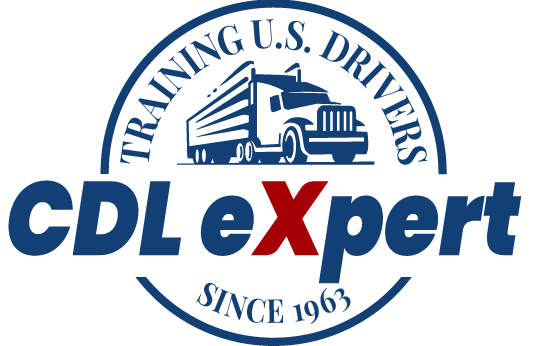
When choosing a Commercial Drivers License (CDL) training school, making the right choice can significantly impact your career in truck driving. Here are key considerations and queries to remember when deciding on a CDL school drawing from insights within the industry.
1. Placement Assistance Program
An important aspect to look into while assessing CDL schools is their job placement program. A reputable school should not help you secure employment post-graduation. Also, ensure a smooth transition into the workforce. Seek out schools with connections to employers and a defined pathway to securing employment immediately after finishing your training and examinations. Schools that offer placement support demonstrate dedication to your long-term success in the field.
2. Pass Rates for CDL Exams
The pass rate for individuals taking the CDL exam for the time is an indicator of a school's effectiveness. In states where third-party testing is utilized, schools should aim for a first-time pass rate ranging between 85 and 90%. On the other hand, states where state agencies administer the exam may see a pass rate of around 70%. These statistics can serve as benchmarks for evaluating both the quality of training provided by the school and your preparedness for the exam.
3. Financing Your Education
It's essential to explore how a school supports students in funding their education. If you haven't set aside money for tuition, inquire about the school's financing options, scholarships or any discounts available, for payment. Each school operates under regulations so make sure to inquire about these when conducting your research.
4. Ongoing Training Support
Certain schools offer lifetime refresher training to assist alumni in updating their skills or getting ready for job interviews. This can be especially beneficial if you're re-entering the workforce after a break from driving. While these programs may come with requirements like scheduling commitments they demonstrate the school's commitment to providing support to its graduates.
5. Advanced Learning Opportunities
In addition to CDL training, consider whether a school provides learning opportunities. These could involve training programs that improve your skills or help you stay current, with industry advancements. Schools offering a variety of choices are appealing, especially if you're looking to broaden your driving experience or specialize in areas of trucking.
6. Pre-Employment Programs
Seek out schools that offer hiring initiatives.
Some programs have the ability to offer job placements during the week of classes. This demonstrates ties to the industry and a proactive approach to helping students secure employment. With a variety of job opportunities, graduates can select roles that align with their career aspirations and personal preferences.
7. Research and Comparison
Lastly, it's essential to visit and evaluate schools before making a decision. Interacting directly with faculty members exploring campus facilities and engaging with students and alumni can provide insights that may not be evident from online research alone.
Conclusion
Choosing the CDL training school goes beyond learning how to operate a truck; it's about laying the groundwork for a successful career in trucking. By considering factors such as job placement rates, financial assistance options, continuous training programs, and industry connections you can find a school that not only fulfills your educational requirements but also supports your long-term professional goals. Remember, the time and effort invested in selecting a school reflects your dedication to building a future in the trucking industry.

Comments